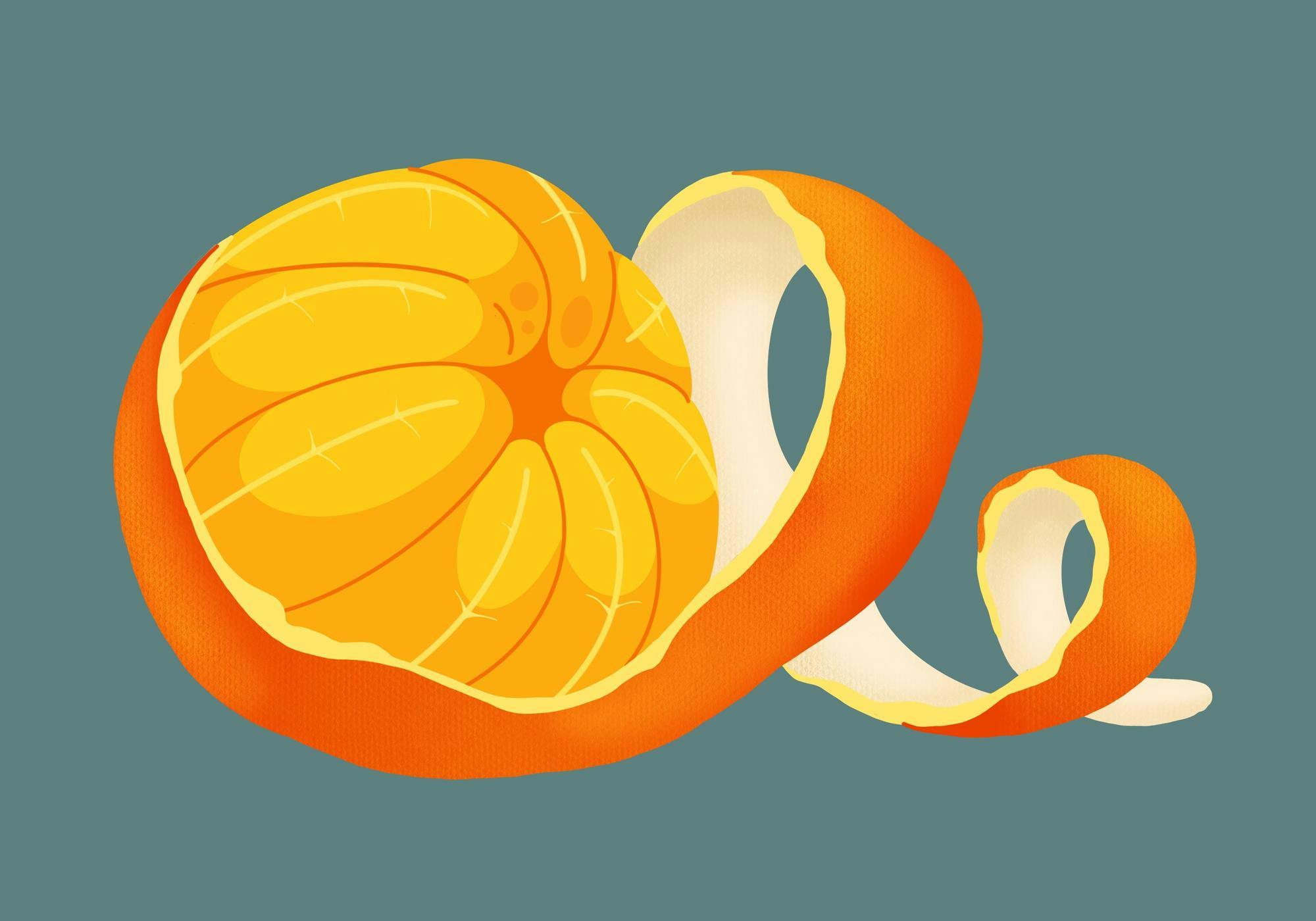TikTok is famous for fashion, comedy, dance and artistic trends that cycle quickly throughout the year, influencing consumers' opinions and acting as a source of good fun. One of these trends surrounds "relationship theories," or predictions of how well a relationship can succeed based on small markers.
One example is the "orange peel theory," or the thought that if your partner is willing to peel an orange for you, it really means that they're prepared to make sacrifices to prioritize your happiness.
Similarly, the olive theory posits that if one person in a relationship likes olives, the other shouldn't, signifying that opposites attract best.
These theories have become so popular, different forms of expressing the overarching theory have been created and shared as well, such as poems and short stories. But despite their popularity on social media, do people really believe in these relationship theories?
Environmental economics and management and political science freshman Josie Callendar personally likes them, but doesn’t exactly think they should dictate an entire relationship.
“They're really cute, (but) I don’t know if they’re things to live by, or like, seek out,” Callendar said. “I don’t know if there’s signs necessarily to like (know) if the olive theory works. It’s not like, ‘oh you’re soulmates’, but I think it’s really good to apply to things that already exist, I think that’s cute.”
Similarly, human biology on pre-optometry track freshman Katherine Engbers said that she thinks the theories create more awareness of the relationship between two individuals.
“They just kind of explain things and I think it makes people a little more conscious of their relationships and how they treat other people," Engbers said.
East Lansing relationship counselor Rebekah Cox said she believes theories can be helpful in ways to look at and think about individuals' personal relationships, but are not entirely valid factors to consider when making decisions that will impact the relationship.
“I think that they can be helpful constructs for people to kind of think about their relationships or look at their relationships, but they aren’t scientifically proven (and) tested theories that they could say, ‘I’m going to base some of my decisions on this’,” Cox said.
Furthermore, Cox said, the theories aren’t completely accurate ways of thinking when it comes to personal relationships, especially due to the complexity of relationships itself.
“I would probably say not (they're) reliable," Cox said. "I think there’s definitely something to look at, because if you’re the kind of person who really enjoys and feels loved when someone does something for you that you could normally do yourself, then you know, that’s a great characteristic for your partner to have. If they don't have that, then that just means that they can communicate love to you in a different way.”
So, if the theories aren’t particularly reliable, why are they so appealing to viewers?
Callendar said the appeal may be due to their ability to connect multiple individuals who have experienced similar thoughts, talk about it together and understand things happening in their relationships.
“I think it’s good for people maybe to make sense of things going on around them, or maybe connect with other people,” Callendar said. “Maybe they don’t understand these experiences, but then people talk about them and make poems about them and then it becomes more significant, like knowing it’s a shared experience.”
Similarly, Engbers said the theories may help explain personal relationships better to those involved in it.
However, believing these theories could also impact the way people view their relationships with their partners.
Cox said that it could lead to enhancing a relationships, depending on how it is utilized and in what context.
“I think that it could enrich their relationship if they’re saying something like, ‘I really appreciate the way that you take care of me,’”Cox said. "Those can be great ways to show a person that you love them and that you care for them. I think that can be a good thing, but I think basing your decisions about your relationship on something you saw on TikTok just, to me, seems like, you know, not the most mature way to handle your relationship.”
Cox said by choosing to believe and utilize these theories in personal relationships, you could have both positive and negative outcomes. One or both parties choosing to stick to a theory would be inaccurate due to how relationships are almost constantly chanigng, as well as the characteristics exhibited by both partners.
Support student media!
Please consider donating to The State News and help fund the future of journalism.
What may have not been present in the past may be present in the future, she said.
“Especially if they have one thing and they say ‘oh my partner doesn’t do this, so I don’t do this, so I’m going to end this relationship’, because relationships evolve and change over time, and people evolve and change over time,” Cox said. “You may be missing out on the good things that your partner has to offer because you’re choosing this one thing and saying ‘okay, this person isn’t right for me because they don’t refuse to eat olives’.”
Similarly, Callendar believes the theories can affect relationships negatively because someone may interpret the love expressed through those small markers in a different way than intended.
“It might like be kind of superficial," she said. "They might think that it means something when it doesn’t ... Like the orange theory, they might say like ‘Oh, if I peel an orange for you, that means I love you’, but it could be like a toxic relationship. So they might give more meaning to it than they need to.”
On the other hand, Cox said, relationship theories can also possess benefits in that they provide a different way to look at being together.
“(It's) just having a perspective that you can look at and think about," Cox said. "Looking at something and thinking about it critically can definitely enrich your thinking and give you a new idea or a different perspective of looking at things.”
While Callendar likes how the theories can "confirm things," she's unsure of whether they "cause things" in a relationship.
Engbers said she believes in just the orange peel theory.
"Just because it’s about acts of service," Engbers said. "The other ones I think are just like fun coincidences."
For those who heavily place their view of their relationship according to such theories, Cox said they should consider asking themselves questions regarding their relationship and gathering information from other sources.
“I would ask them, 'where did you get the idea for this?'" Cox said. "Thinking about your relationship and how every relationship is unique, do you think that this really applies to you? Even though this is an interesting idea and a different way of looking at things, maybe you need to consider other things to look at … Read a book, watch a TED talk- something like that where you’re getting more input (from) more than just one source.”
Discussion
Share and discuss “The orange and olive theories: Can these determine the fate of your relationship?” on social media.







